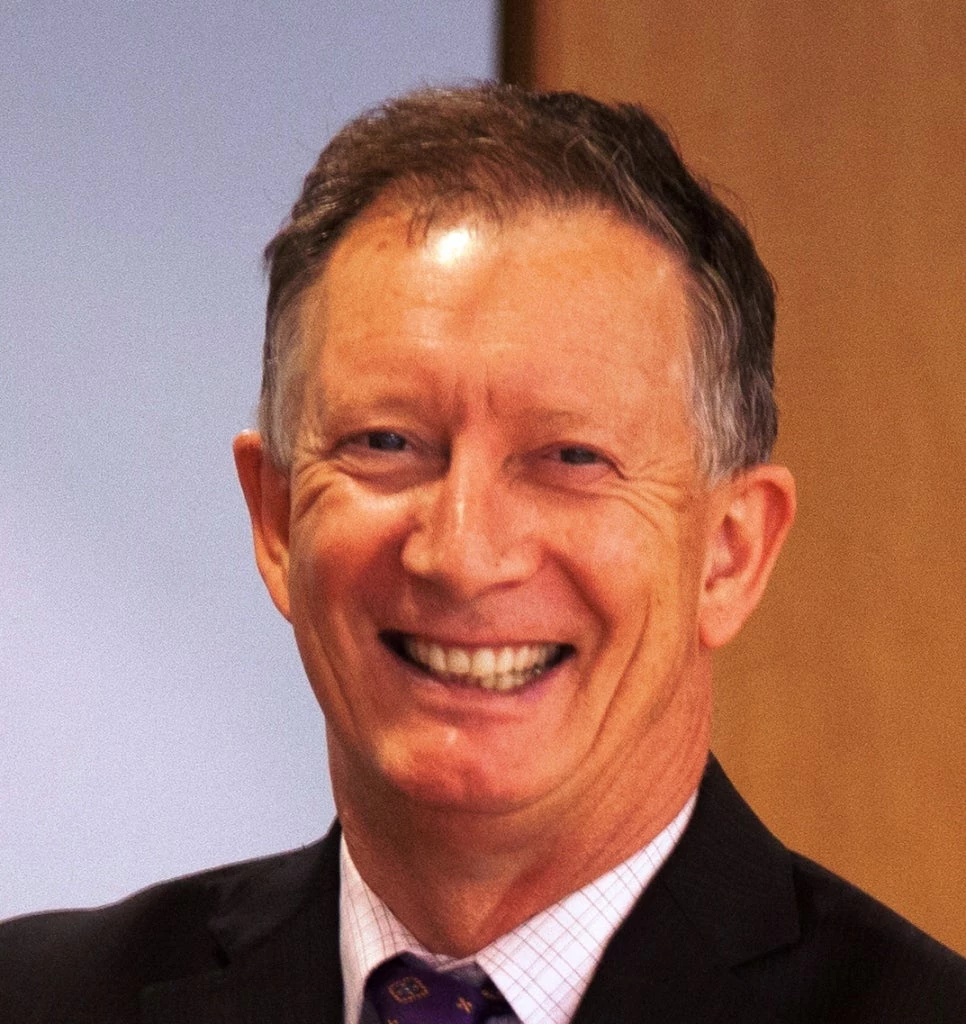Never mind that it is drizzling throughout the opening ceremony, forcing many people under a undulating roof of red, green, blue, and pink umbrellas. The re-opening of Cote d’Ivoire’s leading university here in Abidjan’s Cocody district, after its closure two years ago because of the long political crisis which culminated in the disputed results of the 2010 presidential election, isn’t going to be deterred by the last fading days of the rainy season. Academics in their green robes sit good naturedly under tents. Student reps wait nervously by the entranceway for Cote d’Ivoire’s President Ouattara to arrive. The music is loud and exuberant. The place is humming with expectation and excitement. It’s a new start for higher education.
The government has been planning for this moment for the last eight months, hiring legions of workmen, builders, and gardeners to refurbish the old University of Cocody, one of Africa’s longest-running and best-known tertiary institutes which opened before the country won its independence in 1960.
But as President Ouattara later tells his audience, his mission is really to transform this university, now renamed in honor of the country’s first President Felix Houphouet Boigny, and its sister institutes across Abidjan and the rest of the country, into a new, more hopeful period of learning and renewal after the long years of crisis from 2002 to 2010.
The President suddenly arrives and crowd leaps to its feet. Despite the soggy lawn and puddles everywhere, President Alassane Ouattara sets off around the crowd, shaking hands and beaming under his blue umbrella. The musical group doesn’t miss a beat, and the crowd claps and sways, and the moving umbrellas add a pulsating color display to the scene.
A young student leader takes to the podium and appeals to her fellow students to make the most of their new green gardens and freshly-painted buildings and commit to using their new opportunity at university to transform their lives and that of their communities. The word transform comes up repeatedly. "Let’s not go back to the dubious legacy of student life before the new government," she says.
The university fell into decline over the last decade of political crisis, with plummeting teaching standards, and a dubious campus morality. Some teachers openly sold diplomas on the side, others extorted young women for sex, and some students were still on the rolls despite having first registered 20 years before. But the single biggest cause of decline was the operation of a militant student union which decided who graduated and who didn’t and punished students who didn’t toe the old government’s line.
Working closely with the new Ouattara government, the World Bank’s Senior Education Specialist in Cote d’Ivoire Hamoud Abdel Wedoud Kamil and Ivorian Country Director Madani M. Tall have crafted a ten year higher education strategy that establishes ‘good governance’ as its main vision. World Bank Group President Jim Kim will see first-hand similar efforts to renew the nation when he arrives here tomorrow on his first trip to Africa in his position.
Kamil says good governance means respecting modern management systems that prize free speech at the same time as insisting on transparent financial decision-making, higher learning standards, highly selective student eligibility, and a set of values and rules dedicated to student and faculty excellence. The Mauritanian-born education specialist says that the universities must also include business leaders and employers on their management boards to make sure that the professors teach modern skills that are relevant for today’s jobs market, not the past. And not to turn out graduates for whom there are no jobs.
Back on the campus of the new Felix Houphouet Boigny University, President Ouattara hands over the keys to the new complex, swathed in ribbons of orange, white, and green, the colors of the nation’s flag, and talks about what today means.

So today’s re-opening of the university allows the government to start to transform the state of higher education in Côte d’Ivoire while consigning the low, corrupted education standards of two years ago and longer to the archives of the country’s memories.
The President strikes a popular note with the teachers looking on. We’ll also pay you incentives to demonstrate the highest standards of excellence, he says. Spontaneous applause breaks out from the teachers. The President knows how to hit the right notes with this crowd.
The President finishes up his speech by saying that as an economist he has always known that education is the ‘best investment we can make in our country’s development.” But he says he is even more certain of it today as he looks out over the newly planted green lawn at his hopeful, attentive audience. “We need great schools and great universities for a great country like ours to build a new, emerging and peaceful future. I commit to providing all the means necessary for education to succeed in Côte d’Ivoire. ”
The University of Felix Houphouet Boigny is now open for classes.
To see more on the World Bank’s development program in Cote d’Ivoire, please visit: www.worldbank.org/cotedivoire



Join the Conversation